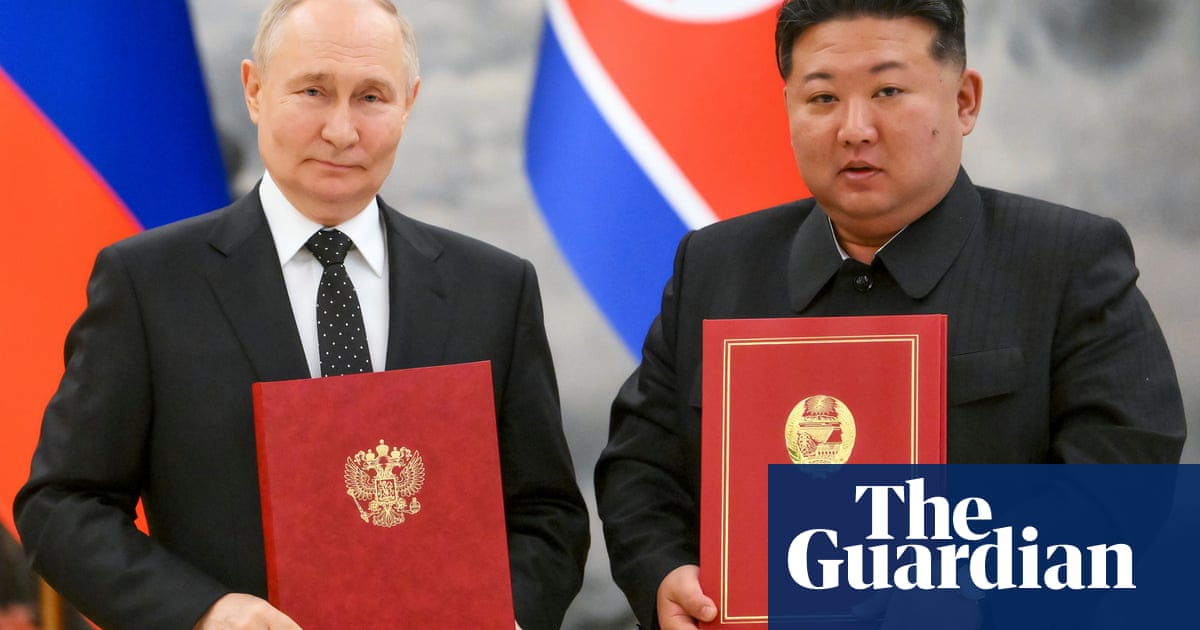Gurpatwant Singh Pannun, who leads banned outfit Sikhs for Justice, continues to operate freely in the US, inciting violence against India through social media. Yet, the silence of these nations remains deafening, even though they are fully aware of Pakistan's involvement in Pannun's agenda.
Gurpatwant Singh Pannun, the Khalistani terrorist whose safety is allegedly guaranteed by the US, has long been backed by Pakistan. Despite engaging in several anti-India activities, countries like the US and Canada have taken little action against him.
Pannun, who leads Sikhs for Justice (SFJ), an outfit banned in India, continues to operate freely, fueling the Khalistani movement and inciting violence against India through social media. Yet, the silence of these nations remains deafening, even though they are fully aware of Pakistan’s involvement in Pannun’s agenda.
PANNUN’s COLLABORATION WITH PAKISTAN
The involvement of Pakistan in Pannun’s activities became more evident when it was revealed that Sikhs for Justice, a non-profit organisation registered in the US, was established with the help of a Pakistani national named Mohammad Salman Yunus.
Intelligence reports indicate that Pannun, alongside his brother Avtar Singh Pannun and Yunus, founded SFJ under the legal framework of a non-profit organisation, listed with the company number EXTUID_4237096, under the jurisdiction of the District of Columbia.
Yunus also collaborated with Pannun in setting up their first business venture — a law firm. This partnership extended further when both Pannun and Yunus launched the Kashmir Khalistan Referendum Front (KKRF). KKRF operates under the 'K2 desk', a model crafted by Pakistan’s ISI in the 1980s with the goal of destabilising India by supporting both the Kashmir and Khalistan separatist movements.
ROLE OF ISI AND SEPARATIST ALLIANCES
KKRF’s activities are closely tied to another key player — Ghazala Habib, the director of the separatist organisation Friends of Kashmir (FOK). FOK, which also works under the influence of Pakistan’s ISI, is actively involved in promoting an anti-India agenda.
In August 2020, FOK hosted a webinar attended by US Congress members and Pakistani figures such as Sardar Masood Khan, Abdul Hamid Lone, and Avtar Singh Pannun. This gathering reflected the deepening connections between separatist movements and international platforms.
In September 2020, the World Kashmir Forum and Friends of Kashmir came together to further their agenda. Reports suggest that Ghazala Habib and Pannun also collaborated with officials from the United States Commission on Religious Freedom (USCIRF) to promote their anti-India propaganda. Despite the transparency of these operations, Western nations like Canada and the US have not taken any significant measures against these separatist groups.
PAKISTAN’s ISI AND KHALISTAN: A LONG-STANDING AGENDA
The ongoing support from Pakistan’s ISI continues to fuel Khalistani separatist groups. Pannun’s activities, including organising the Khalistan referendum, are part of a larger strategy to weaken India’s unity.
Despite the public exposure of these alliances, Khalistani extremists, particularly in Canada, enjoy impunity. Their movements are unrestricted, and they continue to advance their separatist cause from abroad.
Foreign policy experts point out the consistent inaction of the US, the UK, and Canada when it comes to Khalistani terrorism. It's evident that even during the peak of the Khalistan movement in the 1980s, when Punjab was gripped by violence, these countries failed to take decisive action.
Despite making vague promises of accountability, no concrete measures have ever been implemented to curb these organisations. These nations, it seems, have allowed such groups to flourish, and their silence has only emboldened them.
Published By:
Rishabh Sharma
Published On:
Oct 21, 2024

 1 month ago
1 month ago



















